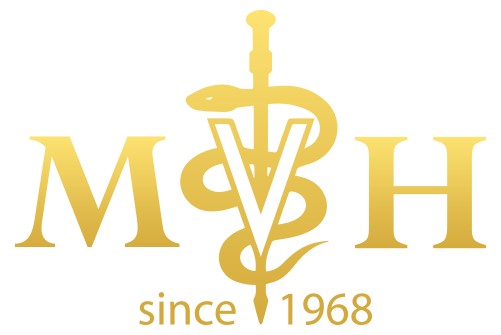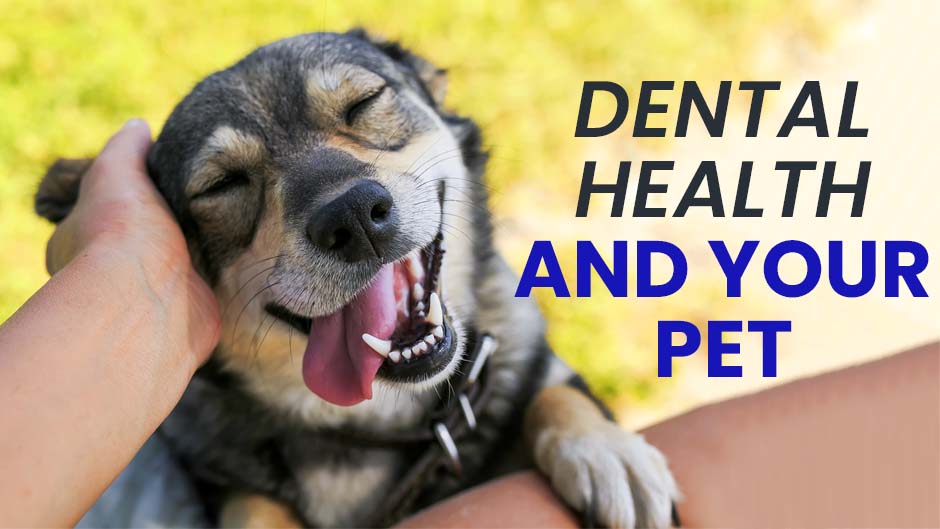Did you know that almost 80 percent of cats and dogs have some kind of periodontal disease? Even more startling than four out of five companion animals have periodontal disease is that many develop prior to reaching the age of three. The AVMA (American Veterinary Medical Association) began this effort in hopes of increasing awareness of the value of regular dental hygiene in the home and yearly check-ups and cleanings with a vet.
What is a Professional Dental Exam and Cleaning?
Our veterinarians analyze the following at every veterinary dental visit:
- Tongue and surfaces of their gum line and teeth
- Health status of the salivary glands and lymph nodes
- Face and head for signs of swelling or discharge
- Gums and external tooth surfaces for tartar and plaque
If you schedule your pet's professional dental cleaning, your pet will have blood work done to help assess his or her overall health prior to the procedure. While receiving the cleaning, your pet will be under anesthesia to allow us to remove tartar over and below the gum line. We then polish your pet’s teeth and inspect the gums and teeth for any signs of infection. If we find any, we'll inform you, and either proceed with extractions or other treatment.
Dental examinations and cleanings are typically done just once per year, so what you do in home between appointments is essential. If you do not brush your pet’s teeth on a regular basis, and wish to begin, start slowly using a step-by-step procedure. Initiate this process while your pet is relaxed and let him or her sniff a small amount of pet-friendly toothpaste out of your finger or a little toothbrush. The following day, set the brush near and against the mouth but do not move it. Then, place a very small quantity of toothpaste on a toothbrush and set it inside your pet's mouth. With each step, reward your pet with a small treat and praise.
The underlying idea is to proceed gradually until you’ve added one new step of the process every day. At some point, you would like to work your way up to a two-minute brushing session daily. It is simple and efficient to give dogs a daily dental chew, however this shouldn’t replace regular toothbrushing. With gentle care, and plenty of tasty rewards/treats, even the most resistant pets will adapt to complying with oral health care at home. Especially if you’re calm, constant, and supply a great deal of praise.
When Should You Schedule an Immediate Dental Appointment
- Pervasive bad breath
- Brown or yellow staining on the teeth
- Drooling
- Refusal or reluctance to eat
Any one of these signs could indicate periodontal disease. Help protect your pet’s teeth and prevent additional progression of dental disease by scheduling your pet's exam today.
Image Credit: Nataba

